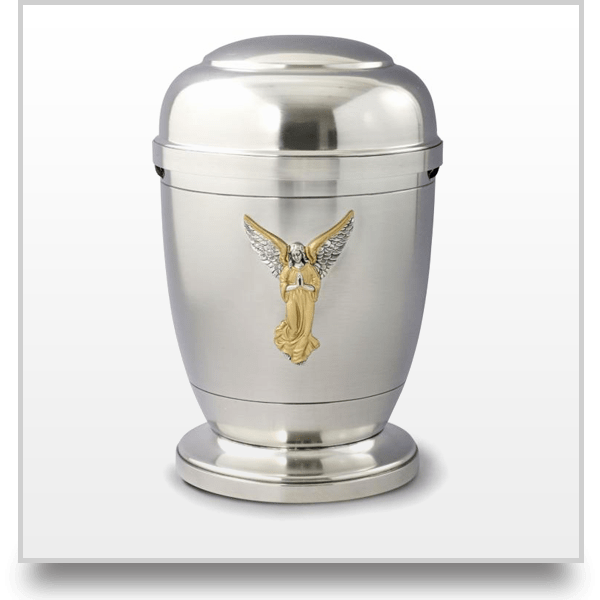

Pet boarding in a local licensed boarding facility for less than 30 days while the veteran pet owner is an “inpatient” due to an unforeseen illness or surgery.Short-term pet boarding not to exceed 14 days where a pet needs a foster home immediately when no foster home is available.This may be for Rabies, Distemper, and Bordetella, and micro-chipping (homeless veteran pets) before placement in one of our registered Foster Homes (specific Guardian Angel)

Required veterinary care including but not limited to being spayed/neutered, heartworm (canines) or Feline Leukemia (felines) testing with negative results, current on all required vaccinations necessary by the veterinarian or state regulations.The expenditures from the “MPA Fund” usually involve: Veterans requiring emergency inpatient care lasting less than 30 days, which will involve temporary pet boarding at a local and licensed boarding facility.Homeless veterans whose companion animals will be placed in one of our registered foster homes.We may be able to cover such expenses providing we have the funds in the MPA Fund account. Companion animals being cared for in our Foster Home program where emergency veterinary care is required, and the legal military/veteran pet owner has insufficient funds.The MPA Fund was implemented in February 2008 to assist with pet care-related expenditures involving the following situations: Note: Pet submissions received about the situations shown above will be considered regardless of the race, sex, religion, creed, sexual orientation, and ethnic origin of the legal military/veteran pet owner. If your situation is other than what is defined above, we recommend doing an Internet search (Search Engine Subject Line “military pet fostering including your city and state abbreviation”) to search for other organizations that may have a similar foster home program and who have the ability to assist. If no one is able or willing to care for the companion animal, our assistance would be for boarding expenses, and potential veterinary expenses such as vaccinations need to be updated.Īs much as we would love to assist with every situation our active duty service members and veterans with companion animals may incur, we can’t. When Military Pet Assistance (MPA) funds are available, and a service member is being admitted to a VA or military medical facility for less than 30 days, we may be able to help. Plus, the National Guard and Reservists are also included when their units or individuals have received orders to deploy for combat, peacekeeping, or humanitarian mission. The Foster Home Program is available in all 50 states for all Branches of Service, including the US Army, US Navy, US Marine Corps, US Air Force, and US Coast Guard. The Foster Home program’s coverage can average from two to twelve months, depending on the situation. Honorably Discharged Veterans facing an unforeseen situation related to a significant inpatient medical situation and/or is homeless receiving a “hand-up” from a VA or VA-approved Homeless Veteran Transition program.A letter from the Primary Care Manager for the handicapped/disabled individual must be submitted on their letterhead to our National Office. Note: When deploying service member is married, then immediate members (spouse and/or children) must have a significant handicap (wheelchair-bound) or 100% disability (e.g., MS, Autism) that impacts the family’s ability to care for the pet properly.

Korea), and Humanitarian (e.g., Haiti) missions.


 0 kommentar(er)
0 kommentar(er)
